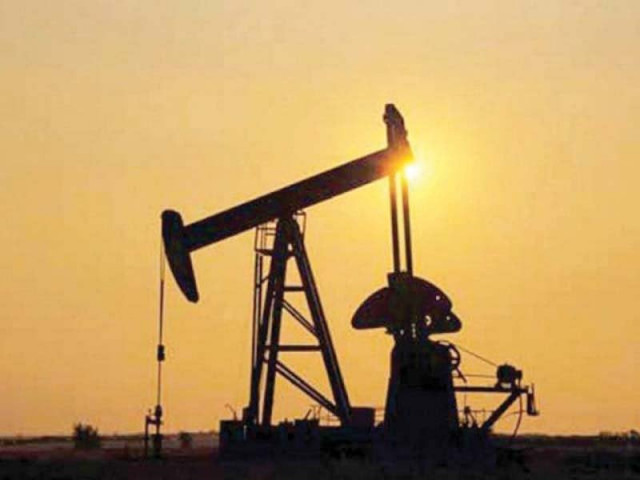Bid to encourage investors: Ministry proposes more incentives for tight gas search
Seeks 20% premium over price set in 2012 petroleum policy

The extraction of hydrocarbon from the tight gas reserves economically poses a challenge. PHOTO: FILE
According to officials aware of the development, the Ministry of Petroleum and Natural Resources has sent a summary with improved incentives to the Council of Common Interests - an inter-provincial body - to seek consent of the provinces.
OGDC enters fresh phase of hydrocarbon search
Keeping in view comments of the Finance Division, the ministry has recommended 20% premium over the tight gas price set in the 2012 petroleum policy for different onshore zones.
The Finance Division had argued that though the effective increase in gas price emanating from tight gas reserves appeared to be on the higher side, in order to encourage exploration of such deposits and considering the high risk and capital investment with a longer recovery cycle, the division was endorsing the proposal.
The Finance Division as well as the Planning Commission have backed the proposed revision in the tight gas policy.
Earlier, 40% premium was offered over the respective zonal price in the 2009 petroleum policy, but with the announcement of the 2012 policy, the price incentive for tight gas exploration was withdrawn.
The Pakistan Petroleum Exploration and Production Companies Association had been pressing the petroleum ministry since long for an appropriate revision of the tight gas policy that could provide the price incentive compared to the conventional petroleum policy.
Average price incentive for three geological zones was $1.8 per million British thermal units (mmbtu), which was 40% above the average price set in the 2009 petroleum policy.
The Ministry of Petroleum also insisted that the same price incentive be kept in place, which was estimated at around 30% of average price of the 2012 petroleum policy. However, now the ministry has revised it downwards and recommended a 20% premium.
Pakistan has 10,159 tcf of shale gas deposits: USAID
The extraction of hydrocarbon from the tight gas reserves economically poses a challenge, especially to Pakistan’s oil and gas industry, because of the complexity of such projects.
This requires state-of-the-art technology for seismic data acquisition and processing, horizontal drilling, multiple hydraulic fracturing and reservoir stimulation. There are also risks to capital investments with a longer recovery cycle due to low permeability and relatively lower production rates.
Published in The Express Tribune, June 2nd, 2016.
Like Business on Facebook, follow @TribuneBiz on Twitter to stay informed and join in the conversation.



















COMMENTS
Comments are moderated and generally will be posted if they are on-topic and not abusive.
For more information, please see our Comments FAQ